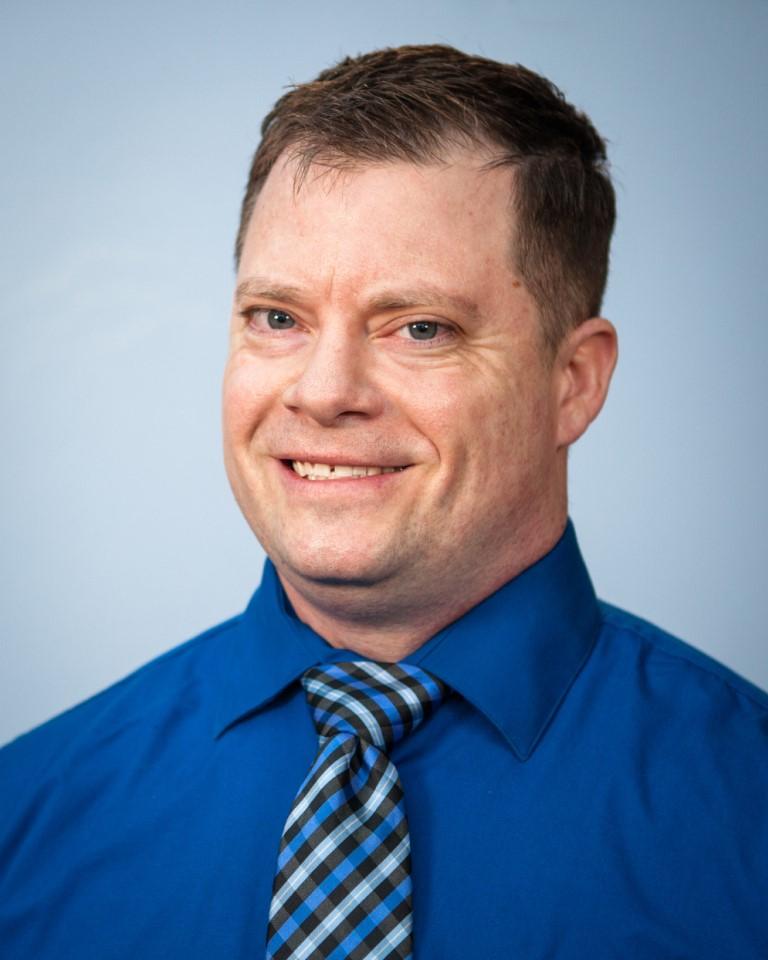Nathan Wendt

ALUMNI SPOTLIGHT | APRIL 2015
KU major: Atmospheric Science; Class of 2013
Current occupation: Mesoscale Assistant/Fire Weather Forecaster at the Storm Prediction Center
Research Mentors: Nate Brunsell and Dave Mechem
Q: Describe the undergraduate research/creative experience that you had while at KU:
A: My undergraduate research experience at KU was wide ranging. I was part of a group headed by Dr. Nate Brunsell that analyzed data from four different eddy covariance towers across the eastern half of Kansas. My work with these towers consisted of maintaining them, processing and cataloging the data, and data analysis. One project I worked on led to a poster presentation at the American Meteorological Society Agricultural and Forest Meteorology Conference in Boston. For the poster, I analyzed latent and sensible heat exchange from an eddy covariance tower and a large aperture scintillometer. The goal was to see under what meteorological conditions these two instruments, measuring at different spatial scales, were in agreement. During my senior year, I was able to analyze data from a regional climate model with added guidance from Dr. Dave Mechem. I looked at changes in the Great Plains low-level jet and precipitation between the late 20th century and the late 21st century.
Q: What do you think was the most important thing you learned while doing undergraduate research?
A: The most important thing I learned was, without a doubt, problem solving. Whether it was out in the field trying to troubleshoot problems with the instrumentation or in the office working on programming and data analysis, there were always opportunities to problem solve and think critically. It really helped me become more independent and work hard to solve problems efficiently.
Q: What advice do you have for undergraduates who might be interested in doing research or creative scholarship?
A: Do not hesitate to get involved, even in small ways. Chances are that professors in your field have work that you could be involved in. Whatever you get involved with, be ready to learn and struggle with problems you are presented with. There are not answers in the back of the book for research questions. It will take persistence and ingenuity to solve problems. The good news is it will be rewarding and give you the skills you need to get hired in the future.
Q: Do you use any of the skills or perspectives gained doing research in your current occupation? How so?
A: As a graduate student, I am using the skills I learned during my research experience each day. The critical thinking and problem solving skills I gained at KU have only helped me succeed beyond even my expectations. I find myself able to come up with my own questions about the data I am working with. The computer programming experience that I gained has also been invaluable to me. My graduate work has no doubt gone much more smoothly due to my background with computers.
Q: Many undergraduate researchers are making decisions about what to do after they graduate from KU. Having been in those shoes, what do you know now that you wish you’d known then? Do you have any advice?
A: Your education is what you make of it. If you want to get a job, you are going to need skills. If you want to go to graduate school, research skills are essential. Take advantage of any and all opportunities at KU to acquire the skills you need to propel you into the career of your choice. Getting involved in research is one of many great ways to gain skills that will transfer to a wide array of occupations. Do some of your own research on companies or organizations you might want to work for and see what skills they are asking for. Then get out there and see who on campus might have opportunities. Ask around and send emails to professors, as not all opportunities are advertised.